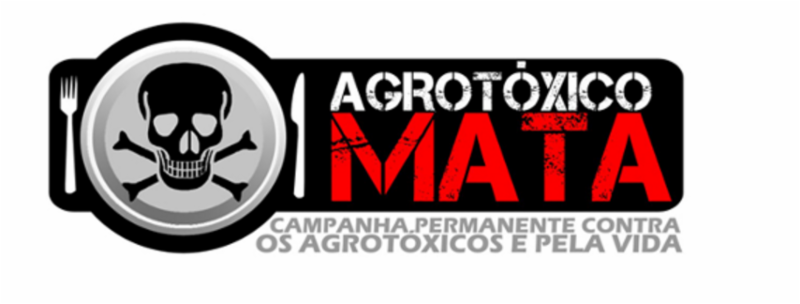
Farmworker Association of Florida
December 3, 1984 was a day of infamy that resounded around the world. Today, we say “No more” to poisoning of people and the planet!
Thirty-two years ago, on this day, a leak at a Union Carbide pesticide plant in Bhopal, India resulted in a horrendous tragedy that poisoned hundreds of thousands of innocent people in the middle of the night and early morning hours of December 3rd. More than 30 tons of the pesticide methyl isocyanate were released into the air, causing widespread panic and suffering, as some 600,000 men, women and children experienced severe symptoms from exposure to the toxic gas and several thousand victims died. In the ensuing years, there have been another estimated 15,000 deaths related to the pesticide accident, and an untold number of children born with physical and/or mental health problems.
Today, we remember Bhopal and all the innocent victims who were needlessly harmed and killed. But, sadly, this is still happening – in smaller ways – all the time all over the globe. As long as transnational agrochemical companies continue to grow, gain power, produce and distribute increasingly more toxic agricultural chemicals, people, animals, the air, land, water and our food around the world will continue to be contaminated by pesticides, while corporations profit at the expense of health, human rights and a safe environment. And, farmworkers are often the first ones on the frontlines of these exposures.
AGROTOXICOS DAY is a call to action (español) to peel back the curtain on the myths surrounding the lies the agrochemical industry tells the world. Small-scale, local and sustainable agriculture is the true key to end world-wide hunger and to pull communities out of poverty, disenfranchisement and disempowerment. Millions of acres of agricultural land world-wide are dominated by the cultivation of a few crops – corn, soy, palm oil, sugar cane – that do not feed people at all, but are used for fuel and other products. Agriculture must return to its origins of being deeply rooted in communities and in working with, not against the earth.
In October, the Farmworker Association of Florida sent a delegation to Brazil to meet with others from South America to share information and develop networks and strategies of resistance to the domination by transnational corporations coopting agriculture. In Florida, FWAF has four community gardens projects at which we are learning and practicing agroecological principles. These gardens are a grassroots form of resistance to the dominant culture of agriculture.
Stand up today and demand “no more toxic chemicals” in agriculture
International Day of the Struggle Against “Agrotoxicos”
